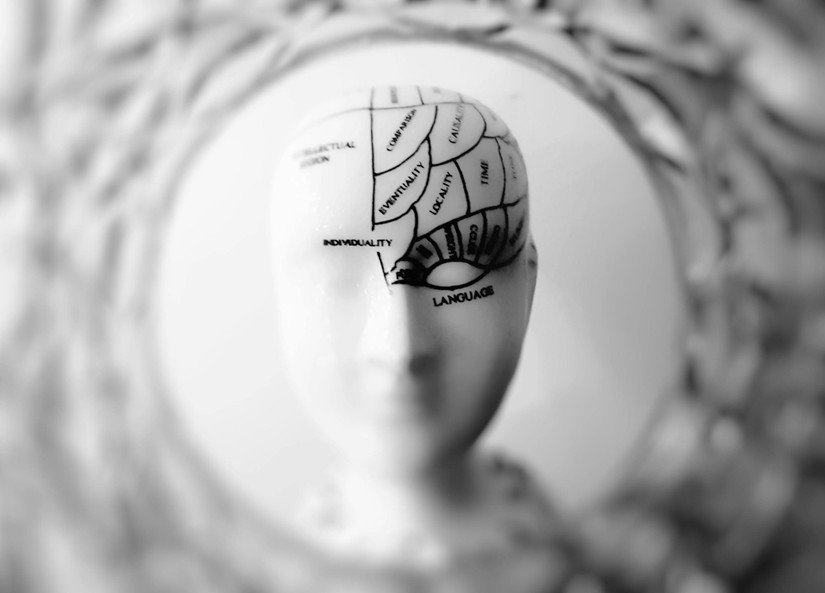
How to Make Friends in Young Adulthood
Making friends in young adulthood requires intention, courage, and patience. By seeking shared experiences, taking small social risks, staying curious, and nurturing connections, meaningful friendships can grow.

Using Cognitive Behavioral Therapy (CBT) to Treat Depression
One of the most widely researched and evidence-based approaches is Cognitive Behavioral Therapy (CBT). CBT is a structured, practical form of psychotherapy that helps people understand and change patterns of thinking and behavior that contribute to depression.

Finding Meaning Through Posttraumatic Growth
By allowing space for grief, reflecting on values, recognizing strength, nurturing connection, and seeking purpose, it becomes possible to grow in ways that honor both the hardship you endured and the person you are becoming.

Navigating Perfectionism in Motherhood
While wanting to do well for your children is natural, perfectionism turns healthy motivation into an exhausting, self-criticizing cycle. Understanding this pattern is the first step toward breaking free and embracing a gentler, more realistic version of motherhood.

Understanding Relationship OCD
Relationship OCD (ROCD) is a subtype of obsessive–compulsive disorder in which intrusive doubts, fears, and compulsive behaviors focus specifically on romantic relationships.

Understanding the Lasting Impact of Childhood Trauma
Because early attachment forms the blueprint for future relationship patterns, unresolved childhood trauma often resurfaces in adulthood, especially in our closest relationships.

How to Disrupt Worst-Case-Scenario Thinking
Everyone experiences worry from time to time. It’s a normal human response to uncertainty and potential danger. However, for many people, worry can spiral into what psychologists call catastrophic thinking—imagining the worst possible outcome in every situation.

Six Challenges Generation Z Faces in Today’s World
Generation Z, often referred to as Gen Z, is the first generation to grow up entirely in the digital age. They are technologically savvy, socially aware, and highly connected to global culture.

Coping with Depression: Five Effective Strategies for Healing and Hope
People with depression often experience persistent low mood, loss of interest or pleasure, fatigue, difficulty concentrating, changes in sleep and appetite, and feelings of guilt or hopelessness. While depression can be overwhelming, it is not a sign of weakness or personal failure.

How Perfectionists Can Reduce Self-Criticism
Reducing self-criticism does not mean abandoning ambition or lowering standards—it means learning to pursue excellence in a healthier, more sustainable way. For perfectionists, this involves shifting from self-judgment to self-understanding, from control to flexibility, and from fear of failure to growth-oriented resilience.

Scrupulosity OCD: Understanding the Intersection of Faith, Morality, and Anxiety
While the public often associates OCD with excessive cleaning or repetitive checking, the disorder extends far beyond these stereotypical images.

Exposure and Response Prevention (ERP): A Comprehensive Exploration
Exposure and Response Prevention (ERP) is a specialized form of cognitive-behavioral therapy (CBT) that has become the gold standard in treating obsessive-compulsive disorder (OCD).

Contamination OCD: Understanding the Disorder in Depth
Obsessive-Compulsive Disorder (OCD) is a complex and often misunderstood mental health condition that manifests in a variety of ways.

What Are Common Signs and Symptoms of OCD?
Obsessive-compulsive disorder (OCD) is a chronic mental health condition characterized by the presence of obsessions, compulsions, or both, which interfere with daily life and cause distress.

6 Common Signs of Enmeshment
Enmeshment is a psychological term that describes an unhealthy emotional closeness or blurred boundaries between family members—most often between a parent and child. In an enmeshed relationship, the child may feel responsible for the parent’s emotions, decisions, or sense of identity.

How Parentification Impacts Anxiety in Adulthood
Parentification, a form of role reversal where a child is forced to take on adult responsibilities within the family, can have lasting psychological effects that carry into adulthood—particularly in the form of anxiety.

5 Signs of an Unhealthy Relationship
Unhealthy relationships can be difficult to recognize, especially for young adults who may still be learning what healthy emotional boundaries and communication look like. At this stage in life, many are experiencing serious romantic relationships for the first time and may mistake controlling or toxic behaviors for signs of love or passion. However, there are clear signs that a relationship may be unhealthy.

How Can Practicing Gratitude Help With Depression?
Practicing gratitude can be a powerful tool in managing and alleviating symptoms of depression. Depression often shifts a person’s focus toward negative thoughts, feelings of hopelessness, and a sense that nothing will ever improve. Gratitude, on the other hand, encourages individuals to acknowledge and appreciate the positive aspects of their lives, however small.

Why Perfectionists Struggle With Making Decisions
Perfectionists often struggle with decision-making because they tend to set excessively high standards for themselves and their outcomes. These individuals are not satisfied with "good enough"; they aim for flawless results. This pursuit of perfection creates immense pressure when faced with choices, as they fear making the "wrong" decision.

What is the Difference Between Big T and little t Trauma?
The concepts of "Big T" and "little t" trauma help differentiate the types of distressing experiences that can impact a person's mental and emotional well-being. While both can have lasting psychological effects, the distinction lies in the perceived severity and immediate threat involved.
